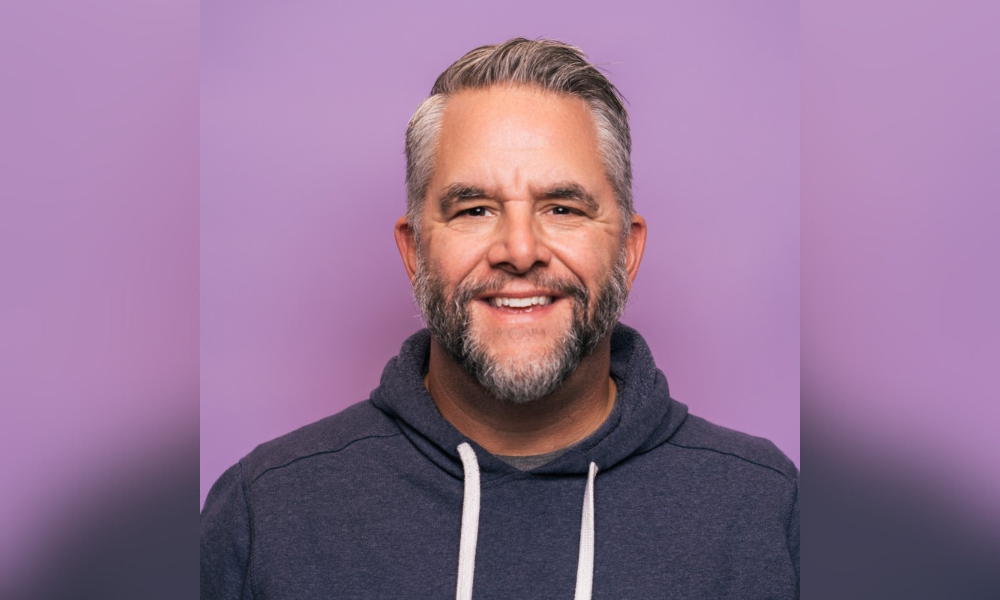
'I've always held the position that you can attract talent from anywhere you like,' says CPO

In recent years, employees have been reassessing their living arrangements and professional pursuits. The pandemic led to a surge in remote working opportunities, with people assessing the why, where and when of their own work. And now, even with COVID on the backfoot, people aren’t willing to give up their flexible lifestyles.
One HR leader who knows this better than most is Anthony Onesto, chief people officer at software giant Suzy. Speaking to HRD, he says that the pandemic served as a conduit to prove that remote models could work in the real world.
“I’ve always held the position that you can attract talent from anywhere you like,” says Onesto.
“Why are we always concentrating in these cities when there's great talent across the globe - especially in the United States and these non-technical pockets? It wasn't until COVID that we were able to prove the thesis right. We were able to go fully remote and we took advantage of that. We went fully remote, looking to recruit talent from anywhere. That meant we didn't have to concentrate on New York or California – we could look anywhere.”
While the pandemic brought a lot of disruption for employers, it really acted as a catalyst for the whole HR function. COVID brought down the walls of talent attraction, opening up a global pool of candidates for employers to fish in. According to data from LinkedIn, thanks to the pandemic there’s been a 135% rise in remote job offerings – with 32% of organizations planning on replacing full-time employees with contingent workers to save money.
There’s no denying that the changes to the recruitment market have been as immeasurable as they have been unexpected. For Onesto, he tells HRD that the pandemic and rise of remote recruitment mean that they could begin building pockets of talent wherever they liked – moving from having employees in four states to employees in 30.
“Talent is everywhere,” he says. “It’s really opened up a lot of great opportunities for us.”
And for Onesto, his ability to pivot and change is something that led him into the HR field. After initially studying accounting, he soon found out that the degree just wasn’t for him.
“I realized when I first started that I didn't really like it, and in fact, I wasn't very good at it,” says Onesto. “The first employer I worked for actually fired me – and it was a career-changing moment for me because I realized this was not what I wanted to do. Accounting was something inspired by my father, himself an accountant, who said you’ll always find a job.
So Onesto went back to the recruiting firm that placed him and asked what else they had on the table.
“They actually asked me to recruit for them,” he tells HRD. “Next thing you know, I’m a recruiter.”
From here, Onesto rode the dot-com boom in New York City, doing some amazing recruiting for tech roles in the early 90sw. It was then that people started asking him to complete more ‘HR-led’ tasks for the firms – building employee manuals and deciding policies.
“And I loved it,” says Onesto. “It was then that one of the founders of a start-up we’d pitched asked me to join them. I got bitten by the start-up bug – I like to say I got my PhD in start-ups.”
From here, Onesto worked across several companies in an HR capacity, working on everything from recruitment to learning and development to culture. And while he jumped into the business side of things for a while, he inevitably found his way back to HR.
“With a phone call I ended up at Suzy and back in HR. And, as chief people officer, I’m not done with HR just yet.”